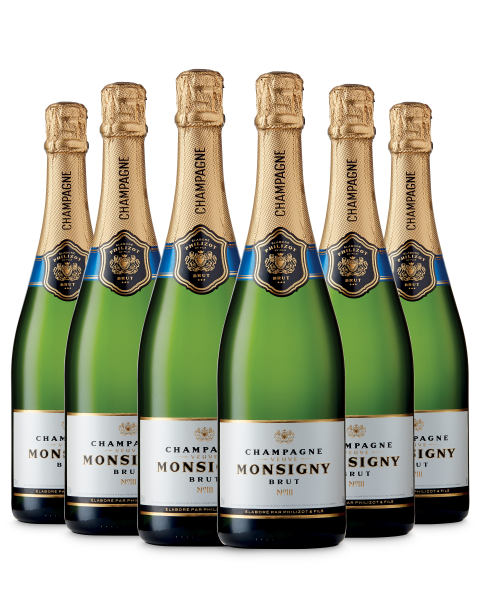The death of at least 20 civilians after a Russian missile strike on a shopping centre in Kremenchuk brought the moral dimensions of the war in Ukraine back into sharp focus this week. However, the conflict leaves the West with a profoundly painful dilemma over whether to fight for victory or settle for peace.
Despite the numerous warnings from American and British intelligence, when Russian President Vladimir Putin invaded Ukraine, rolling his tanks across the border like a Second World War dictator, he shocked and surprised the world.At that time, the common expectation was that the mighty Russian forces would crush Ukrainian resistance and conquer Kyiv in a matter of days. The asymmetry between the two armies and their resources seemed to point to only one possible outcome.
But the role of surprising the world then switched to Ukraine and, instead of buckling under the violent assault launched by their neighbour, they showed genuinely remarkable resilience and courage. Not only did they hold back the attackers, they humiliated and belittled them.
This had an extraordinary impact on those who looked on from other countries. News of civilians queueing up to collect machine guns with which to defend their land, and stories of Molotov Cocktail tutorials being rolled out to ordinary citizens who would not let their country be taken by force, could not help but impress those who heard them.
Westerners listening to the news on the radio, at home in their kitchens and bedrooms, asked themselves: ‘Would I be so brave as to take up arms against a fearsome enemy if the same fate were to befall me? Could I close my laptop, pick up a gun and go out into the street to shoot at invaders?’ It was an astonishingly direct and unwavering demonstration of fearless determination.
There can be little doubt that this fierce response to the national insult Putin hurled against them played a major part in inspiring an unusually robust popular movement among citizens of western countries in support of Ukraine and its people. Analysis of this has touched on possible issues of race in explaining why Ukraine became a cause célèbre in a way other conflicts have not. This may well be the case, but the element of romantic hero worship also seems to have played a part. Who could fail to be moved by interviews with brave Ukrainians who explained in the most matter of fact way possible how they planned to man the barricades and lay down their lives for their country and their freedom? We have simply not had this kind of perspective on other wars in the same way, and it clearly touched many hearts.
Politicians in Europe, the UK and the US saw this and acted accordingly. They rallied together to launch waves of sanctions against Russia, at massive cost to the West, and provide vital lethal aid, also at significant cost, at a time when economies are fragile and massive government expenditure has already bled the public coffers dry. Yet they knew by doing so that they were acting with the will of the public behind them.
Some exploited this cynically, to distract attention from their own domestic problems. However, even these less noble characters could do so knowing there was real depth of feeling on this issue among voters, so their distraction technique would work, feeding off the mood of the public.
Sadly, the situation has now developed in such a way that the story has become more complicated and Western powers and their citizens find themselves faced with an agonising dilemma. No longer is it quite the triumphant tale of the plucky underdog against the brutal aggressor. No longer is simply David slinging deadly shots at the head of the hapless giant Goliath.
A new chapter has opened in this war in which the weight of Russian military might is starting to make itself felt in Ukraine. A more focused Russian military strategy in the east and south has been more successful in terms of gaining territory, but is leading to terrible loss of human life on both sides.
Also, those original expectations that Russia would simply outgun the Ukrainians are starting to come true. Ukraine is rapidly running out of the Soviet era ammunition it needs for its own older weaponry, and is not receiving the modern weaponry and munitions fast enough to make a decisive impact. By some estimates this means that the Russians are able to fire 30 shells for every one that Ukraine can fire, and this brutal bombardment is finally taking its toll on the hitherto extraordinarily impervious Ukrainian spirit and morale.
How long can they take such punishment and how long can the West bear the massive economic and social costs of the developing energy and food crises created by this war? One view is that Putin must be shown, at all costs, that he cannot get away with this because to show any lenience will lead him to do this again, and may enourage other hostile leaders to do so too. Those costs are incredibly high, though, and will be borne by ordinary people across Europe and Africa at a time when they already face severe challenges.
The alternative view is that Putin has to be allowed to win in some form or he will never, ever concede. He will continue to send his citizens into battle, smash Ukraine’s cities and vital infrastructure and block its ability to export vital commodities until Ukraine is nothing but a hollowed-out shell – and its supporting countries riven with social unrest, starvation and catastrophic energy shortages.
It is not easy to see which of these two views is the more humane and one can start to feel the western politicians waver, despite the bold statements coming out of the G7 meeting this week, as this complex ambiguity creeps into what seemed to many like a clear story of good versus evil. At the moment, the weight still seems a little heavier on the side of the scales marked ‘Fight to Victory’. But as summer turns to winter and the crises at home really start to bite, it could shift towards the other side and the pragmatic urge to cut losses in Ukraine and the West. One thing is clear though, with this story there will be no happy endings.
By Little Bird











